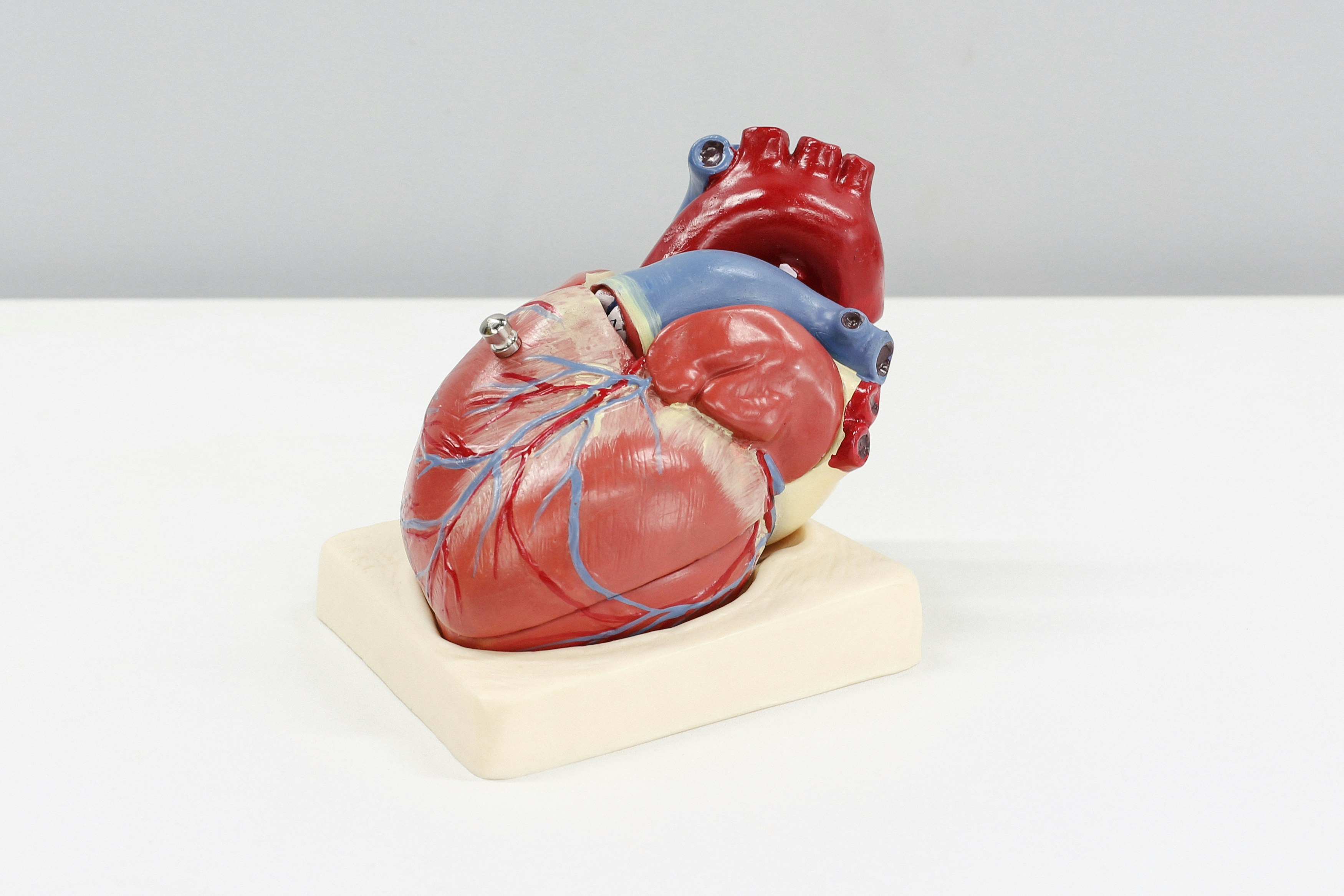The human heart is more than just a pump - it has a unique shape that holds vital clues about health and disease. Researchers have made a major breakthrough in understanding the genetic factors that determine the shape of the heart’s left and right ventricles. Using advanced imaging and genetic analysis, the study explored how variations in heart shape link to conditions like heart failure, atrial fibrillation, and diabetes, offering new pathways for better diagnosis and treatment of cardiovascular diseases.
Why Heart Shape Matters
The shape of the heart’s ventricles influences how efficiently it pumps blood. While traditional measurements like heart size and mass have been studied extensively, this research goes a step further by examining heart shape as a multidimensional feature. The study found that heart shape variations are strongly linked to common cardiovascular conditions, such as irregular heart rhythms and heart muscle diseases. Understanding these variations provides a deeper look at how structural changes in the heart contribute to disease.
The Study: Linking Shape and Genetics
The research team analyzed heart images from over 45,000 participants in the UK Biobank, creating a detailed “atlas” of heart shapes. By using principal component analysis, a technique that identifies patterns in complex data, they mapped out 11 key ways that heart shapes can vary. For example, some components captured the overall size of the heart, while others reflected its roundness or the relative size of its chambers.
Next, they performed genome-wide association studies to identify genetic variations linked to these shape components. The results were groundbreaking: 43 genetic regions, including 14 that were previously unlinked to heart traits, were found to influence heart shape. Some of these genes are involved in biological processes like muscle contraction and blood vessel formation.
Heart Shape and Disease Risk
The study revealed that certain heart shapes are linked to a higher risk of specific diseases. For example, a rounder heart shape was associated with an increased risk of atrial fibrillation, a condition where the heart beats irregularly. Larger heart sizes, measured by specific genetic markers, were linked to a reduced risk of diabetes but a higher likelihood of conditions like heart failure and arrhythmias.
These findings suggest that heart shape isn’t just a byproduct of disease - it’s a feature influenced by genetics that could predict disease risk. This opens up new opportunities for personalized medicine, where a person’s genetic profile and heart shape could guide their treatment and prevention strategies.
How This Could Change Medicine
The insights from this study could transform how we approach cardiovascular health. Doctors might one day use genetic tests combined with advanced imaging to identify people at risk for specific heart conditions based on their heart shape. This would allow for earlier interventions and more targeted treatments.
For example, knowing that a patient has a genetic predisposition to a rounder heart shape linked to atrial fibrillation could lead to closer monitoring or preventive therapies. Similarly, understanding the genetic factors behind heart shape could help researchers design new drugs or therapies that address the underlying causes of cardiovascular disease.
The Road Ahead
While the findings are promising, there’s still work to be done. The study primarily focused on individuals of European ancestry, and researchers hope to extend the analysis to more diverse populations to ensure the results are broadly applicable. They also plan to explore how other factors, like lifestyle and environment, interact with genetics to influence heart shape and disease risk.
This research highlights the power of combining cutting-edge imaging, big data, and genetics to answer fundamental questions about human health. By unlocking the genetic secrets of heart shape, scientists are paving the way for a future where cardiovascular care is more precise, effective, and personalized.


